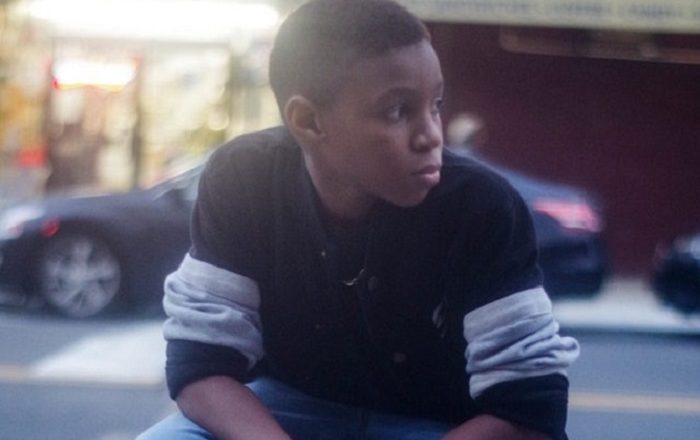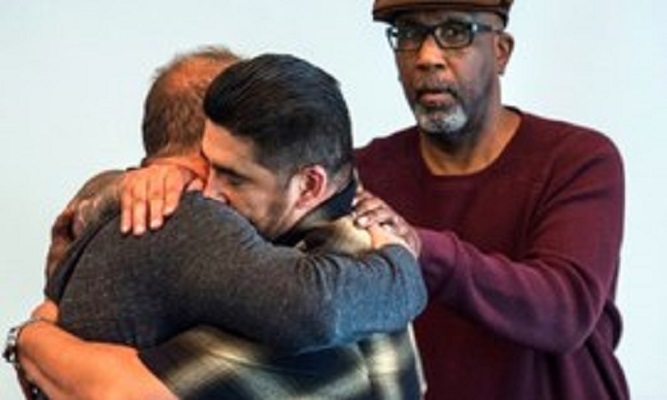Millions of America’s working poor may lose out on key anti-poverty tax credit because of the pandemic
The pandemic is driving American families to the edge, with tens of millions at risk of losing their homes and over 1 in 10 U.S. adults reporting their households didn’t have enough to eat in the previous week.
While Congress debates extending unemployment benefits that expired on July 31 and other additional aid, there’s an important program that already exists that could help struggling Americans get through the crisis however long it lasts. Known as the earned income tax credit, or EITC, it provides aid primarily to the working poor. In a typical year, it lifts more than 8.5 million people out of poverty, while improving the health and well-being of parents and children.
Since the credit depends on earned income, many families may be at risk of losing all or some of the benefit becaus...





